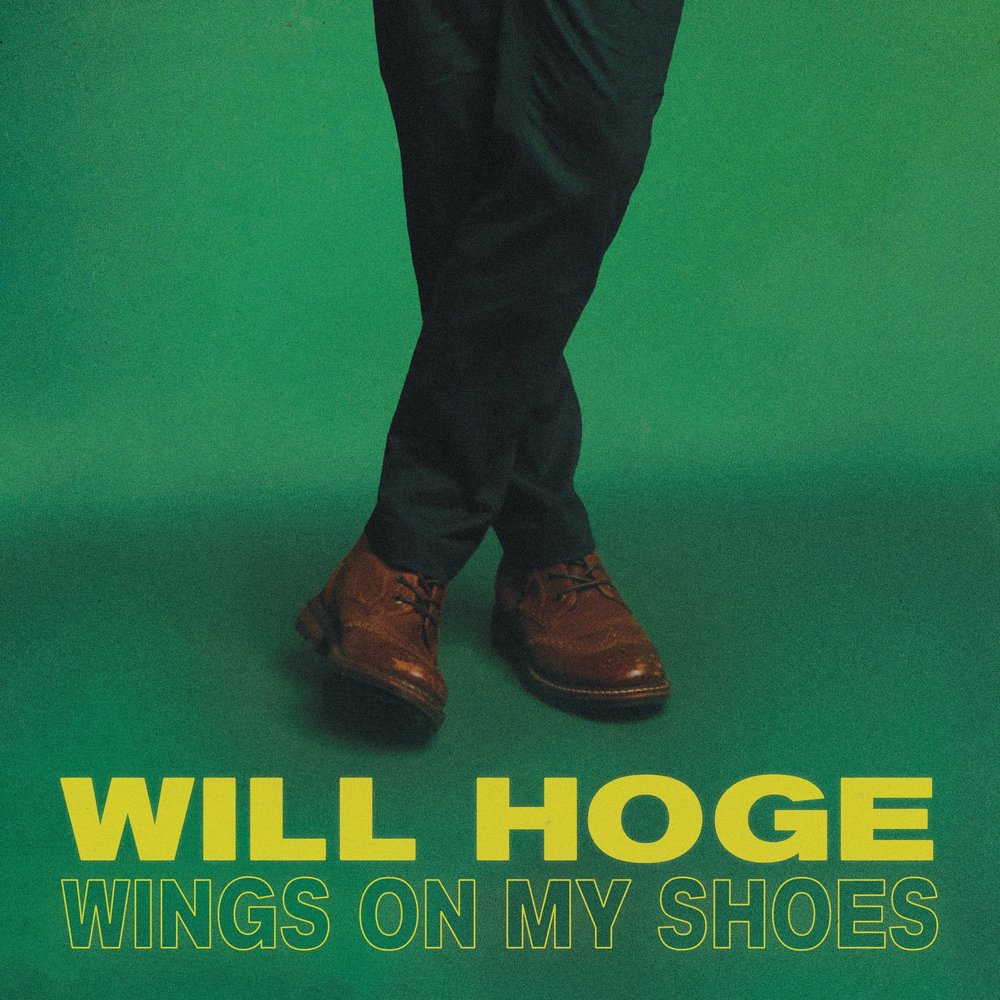Will Hoge is an artist who resists the easy sell. His Nashville home base designates him country, but his music suggests otherwise. There’s a solo-Paul Westerberg raggedness to his records, an unapologetic candor, and discontent that sends him beyond Music Row. When recommending his music, I describe him as a thinking person’s musician, a label that rings as a backhanded compliment. But Hoge has never been one to pander through pregame or after-party anthems. And while he does deliver the occasional heartbreakers– “That’s How You Lose Her”, “Through Missing You”, and “Better Than You” come to mind– his albums succeed more as indictments of the American Dream than songs of a disillusioned romantic. Modern American Protest Music (2012), Small Town Dreams (2015), My American Dream (2018), and Tiny Little Movies (2018) are cathartic essentials for anyone working towards a better South, but perhaps unwelcome hectoring for anyone content with the status quo.
Given Hoge’s fist-on-the-sleeve politics and the country’s social and political unrest, the perpetual grin that’s his latest record Wings On My Shoes comes as a surprise. The mood is tender, redemptive, and celebratory; losses, bad decisions, and hypocrisy are tempered by a winning sense of gratitude. Lead track “John Prine’s Cadillac” is an open-armed ode to joy and to the beyond-iconic singer-songwriter who passed away in 2020. The song’s origins– a chance brush with Prine at a Nashville intersection– illustrate Hoge’s talents for capturing the beauty and weight of the ephemeral: “I look over and Mr. Prine was next to me in his Cadillac, shades on, music loud enough you could kinda hear it through the window. He was just grinning, bobbing his head. I stared and really wondered what the fuck song(s) is that motherfucker playing that’s bringing him that kind of joy?!?!? It’s one of the great unsolved mysteries of my life.” Hoge, channeling Prine’s abandon, finds miracles in the minutiae.
Elsewhere, other memories abound. “Queenie” is another ode, this time to Hoge’s late grandmother. The song forsakes melody in favor of more casual delivery, giving the song a conversational tone that befits the woman who set Hoge on his path to his own brand of righteousness. In a lesser songwriter’s hands, this loose approach would result in the clumsy and sentimental; here, Hoge sings across generation, refusing eulogy in favor of commemoration.
Remembrance is also at the heart of “Ain’t How It Used to Be”, a document of gentrification. But Hoge’s take is realistic, ambivalent. Yes, the small town has changed, erasure claiming landmarks and eventually the memories tied to them, but instead of giving himself over to nostalgia– the easy cliché– he admits, “I know sometimes things have to change.”

Yet Hoge is at his most alive in the here and now. The roaring “All I Can Take” finds him again singing about the disenfranchised, people pushed off the edge, left without options, casualties of banality and the 9-to-5.
“Dead Man’s Hand” is another narrative, a nearly 7-minute epic that recalls the good-folks-gone-bad exploits of Walter White and Wendy and Marty Byrde, while “Birmingham” is an urgent plea– “Do you really think I can turn it around?”– for forgiveness and deliverance.
“It’s Just You”— perhaps the album’s finest moment– is Hoge at his most irresistible and melodic, a concise slice of chiming power pop that could pass as an unearthed Tom Petty essential.
Despite the grace that underpins Wings On My Shoes, this is a record from the man who has brought us songs like “Nikki’s A Republican Now” and “The Overthrow”, so a not-so-subtle “fuck you” to those who undermine progress is inevitable. Hence, “Whose God Is This“, a barroom narrative that finds all sorts of deities coexisting, sharing drinks, exploring truths, and listening to Robert Johnson, until a fellow draped in a red, white, and blue flag comes along and ruins the vibe– until Lilith enters the picture: “She knocked that red ball cap off his head, and dropped him to his knees.” Hoge is a master of subtlety until he doesn’t care to be. As Flannery O’Connor said, “For the hard of hearing you shout, and for the almost blind you draw large and startling figures.”
